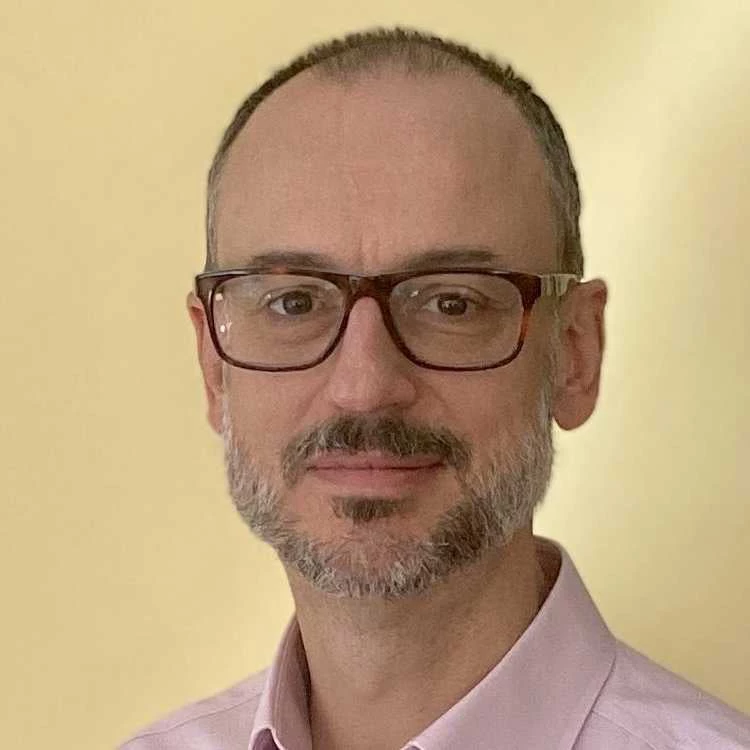One of the few bright spots at the recent UN climate talks in Warsaw was the announcement of new financial commitments to the World Bank’s BioCarbon Fund.
Coming hard on the heels of that groundbreaking initiative for sustainable forest landscapes is another piece of good news in international efforts to bring more carbon finance to low-income nations.
The governments of the United Kingdom and Sweden and the Switzerland-based Climate Cent Foundation have pledged more than $125 million for the World Bank’s Carbon Initiative for Development (Ci-Dev), a financial initiative that, like the third tranche of the BioCarbon Fund, will help the least-developed countries access financing for low-carbon investments.
More specifically, the new funding allows the World Bank to focus on helping the world’s poorest countries – especially in Africa – access carbon finance to develop clean energy sources.
It will enable the development and scaling up of a diverse range of projects similar to household biogas systems in Nepal or solar home systems in Bangladesh. It’s also an example of how the World Bank continues its efforts to mobilize private-sector investments for clean development and climate mitigation.
We’re showing, through actions on the ground, that putting a price on carbon is a key part of the solution to the climate challenge.
With carbon markets facing uncertainty, the Ci-Dev will innovate by providing performance-based payments in the form of purchases of certified emission reductions (commonly called “carbon credits”) – and show how this, in turn, attracts private sector participation. Doing so will also help sustain capacity and knowledge in carbon market instruments.
But Ci-Dev will do more than just make sure existing knowledge isn’t lost. Building on lessons from more than a decade of market experience, Ci-Dev is also promoting innovation in the procedures of the Clean Development Mechanism (CDM).
Historically, low-income countries have not benefitted from CDM as much as middle-income countries have. We’re hoping that Ci-Dev can make a contribution to narrowing this gap. It means we must reduce transaction costs, remove uncertainty, and align the CDM requirements to the reality of investment and business management in low-income countries.
As a result, these countries should be able to gain a larger share of future carbon finance flows. They will also gain access to clean low-carbon technologies and avoid carbon emissions, with the participation of the private sector.
The main focus of Ci-Dev will be in areas where communities and households will benefit from rural electrification and energy efficiency. As such, it’s a concrete action the World Bank Group is taking in support of the United Nations’ Sustainable Energy for All Initiative (SE4ALL).
About 1.2 billion people still lack electricity, while 2.8 billion rely on wood or other solid fuels to cook and heat their homes. The resulting indoor air pollution killed more than 3.5 million people in 2010.
With its focus on access to energy for the very poor, Ci-Dev will play its part in addressing some of these developmental, environmental, and health challenges.



Join the Conversation